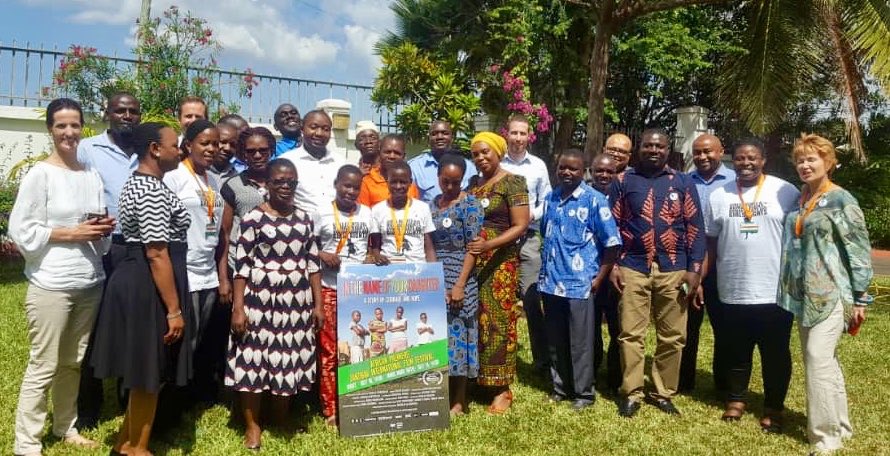International Day of Zero Tolerance to Female Genital Mutilation – 6th February 2019
News
06 February 2019
Today is the International Day of Zero Tolerance of Female Genital Mutilation (FGM). Female Genital Mutilation is a practice that violates children’s and women’s rights and has the potential to cause serious medical, emotional, psychological and social complications. FGM is often embedded into social norms, especially patriarchal systems, and used to control women’s sexual and reproductive health.
As we mark this important day, tragically there are still a high number of girls who are subjected to FGM globally, including here in Tanzania. Recent UN data estimates that 3.9 million girls were subjected to FGM globally in 2015. If FGM continues to be practiced at current levels, this figure is projected to rise to 4.6 million by 2030. In Tanzania, by 2015, 10% of women age 15 – 49 had undergone FGM (TDHS 2015 – 2016).
Addressing social norms and values that perpetuate FGM and other forms of Gender Based Violence, is a priority focus of the Tanzanian National Plan of Action to End Violence against Women and Children (NPAVAWC 2017 - 2022) which is supported by the Embassy with Irish Aid funding. Working together with UN Women, UNFPA and local organisations such as Kivulini in Misungwi district – Mwanza and UZIKWASA in Pangani district - Tanga we are supporting:
- awareness raising on social norms that perpetuate gender based violence including FGM;
- organisations involved in building a movement of women, men and institutions to take public actions to prevent women and girls from experiencing violence including FGM;
- the generation of evidence-based data on norms and values that will be used to inform policy and priority-setting in promoting gender equality and women’s empowerment;
- programmes that a strengthen the capacity of institutions such as the judiciary to enable effective fast-track response to cases of violence against women and children.
Our goal is that together with our partners we will help end the cruel and damaging practice of FGM in Tanzania.
To learn more about Ireland's programme in Tanzania click here: https://www.dfa.ie/irish-embassy/tanzania/ourrole/development-programme-in-tanzania/


